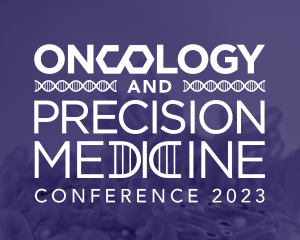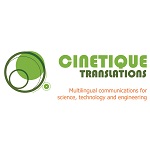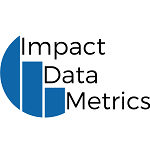Oncology & Precision Medicine: exploring the relationship between two key areas of healthcare

The programme focused on Oncology on day one and Precision Medicine on day two, with a special Biotech & Beers networking session taking place on the evening of the first day.
Oncology
Day one of the conference covered the issues surrounding cancer prevention and early diagnosis, new approaches to cancer research and treatments of the future, followed by a look at patient perspectives and rare cancer research, with input from experts, organisations and patient advocacy groups.
Prof David Sebag-Montefiore, the first keynote speaker and Professor of Clinical Oncology at the University of Leeds and Leeds Teaching Hospitals NHS Trust, tackled the weighty issue of addressing cancer on a larger scale, covering health inequalities, screening and early detection, improved treatments and putting patients at the heart of cancer research. Key points raised included the effect of deprivation on cancer outcomes, with 33,000 extra cases per year in the UK as a result; the importance of the role of the microbiome and the presence of certain bacteria in patients potentially enabling more successful colorectal cancer diagnoses and outcomes; adapting approaches to treatment to ensure they are suitable for an increasingly older and frailer patient population; and using interdisciplinary research to accelerate the delivery of smarter, kinder and more cost-effective treatments into the clinic.
Cancer Research UK Manchester Institute Interim Director and CRUK Cancer Biomarker Centre Director, Prof Caroline Dive, provided the second keynote of day one with a look at the role liquid biopsies play in supporting better treatment decisions for patients with cancer, focusing on cancer of unknown primary (CUP), or a group of metastatic tumours for where a site of origin can’t be established at the time of diagnosis, meaning huge amounts of uncertainty for patients and limited treatment options, with no current molecular profiling or characterisation to classify or predict treatment outcomes. It was revealed that patients who were given molecular profiling as part of their diagnosis and treatment could benefit from faster diagnosis, more direct investigations, and faster definitive therapy decisions, with 80% of the cohort in the study used as an example able to benefit from the multi-omics approach.
Precision Medicine
The second day of the conference focused on the impact precision medicine is having on patients in the detection, treatment and prevention of diseases and how this approach is being developed in an efficient and sustainable way. Topics covered a state of the nation discussion, a deep dive into precision medicine in chronic and rare diseases, and patient perspectives.
The first keynote, by Prof Sir Munir Pirmohamed, David Weatherall Chair of Medicine and NHS Chair of Pharmacogenetics at the University of Liverpool, covered the current status of and future perspectives on precision medicine. Takeaways included the development of the clinical evidence base to facilitate adoption of innovations such as personalised cancer vaccines, pre-emptive pharmacogenomic testing, gene therapies and AI into healthcare systems; the myriad ways in which technologies will lead to improvements in diagnosis, prognostication and treatment; the importance of genomics and omics technologies together with AI in the discovery of new drugs and drug targets as well as in the better use of existing drugs; and pharmacogenomics being likely to be the first technology that will enable mainstreaming of genomic medicine.
Our second speaker, IQVIA’s Vice President Genomic & Precision Medicine, Dr Joanne M. Hackett, discussed public health applications for genomics and precision medicine, with key topics including scaling precision medicine to tackle rare disease, the importance of linked patient data and how patient engagement can drive healthcare innovation through data generation. Takeaways included how genomic data can be used across disease insights, drug discovery, clinical trials and healthcare delivery to improve patient outcomes; a predicted potential net benefit of up to £4.5bn in a given year at full scale across the UK for bringing genomics and precision medicine into primary care; the added value of clinical data linkage to genomic data in enabling new capabilities such as clinically relevant classification and predictive-based modelling; and how information collected by the general population is opening up new opportunities for improving care and generating insights.
Commenting on the success of the event, Geoff Davison, CEO of Bionow, said: “This two-day event allows for so much more discussion and a variety of insights, and we are glad to be hosting it in this format again. It was great to hear from a range of speakers, panellists and patient groups, which contributed to a well-rounded conference with plenty of opportunities for networking, collaboration and the sharing of ideas in this vital area of healthcare.”
The Oncology & Precision Medicine 2023 Conference was sponsored by Bruntwood SciTech, Catalyst Oncology, Appleyard Lees and Illumina.

























